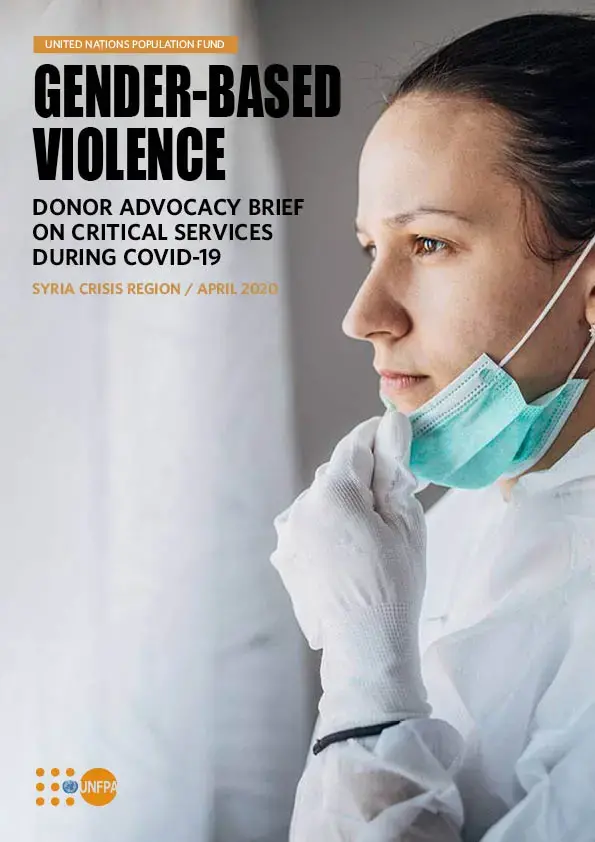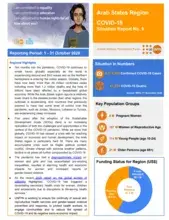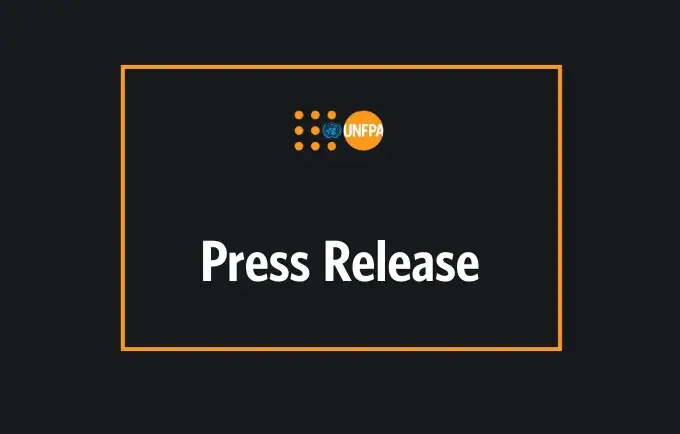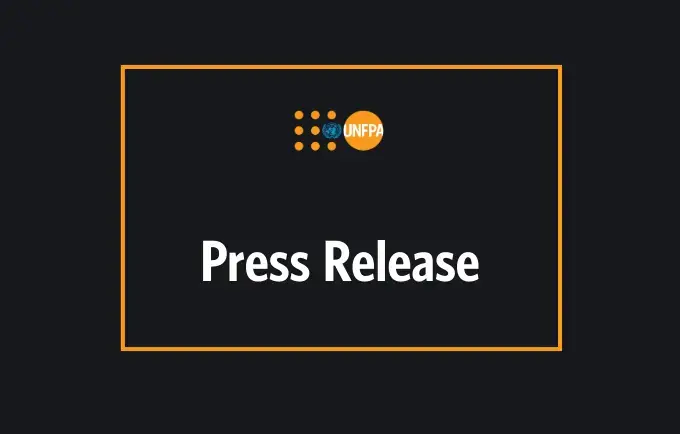There is increasing evidence from the countries most affected by COVID-19 that gender-based violence (GBV), and intimate partner violence (IPV) in particular, are increasing in both prevalence and intensity. Extended quarantines, curfews and other movement restriction measures have led to increased reports of domestic violence due to forced coexistence in confined living spaces, undoubtedly exacerbated by the additional anxieties arising from the pandemic, including those related to the economic and health consequences.
In the Syria crisis region, as in the rest of the world, GBV risk mitigation, prevention and response remain a shared responsibility of different stakeholders, with GBV specialists leading on the provision of technical support and critical GBV services. GBV services remain part of the essential service package in health emergencies. In this respect, donors have a critical role to play towards ensuring that GBV services remain available to and accessible by women and girls, in complementarity with the efforts of individual governments.
This document provides some recommendations that may help donors deliver more holistic, informed and far-reaching services amid these exceptional circumstances.





